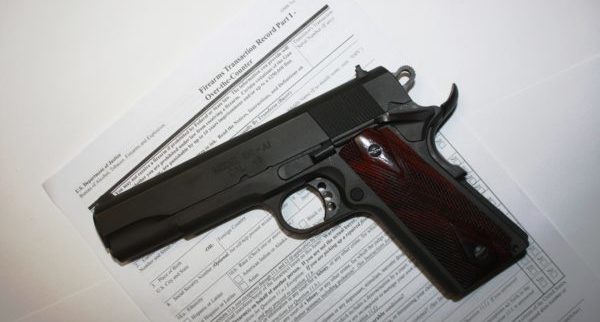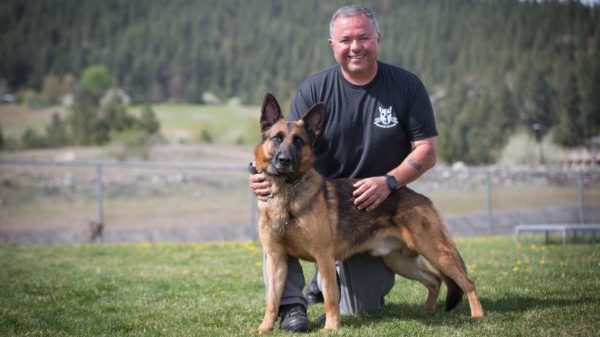
An Ohio gun control lobbying group is launching a signature-gathering effort in hopes of getting state lawmakers to expand background check requirements to al firearms sales, including private transactions; a move that has been a demonstrable failure in Washington State, where some big news broke Wednesday morning.
Out in the Evergreen State, the small town police chief who made national news last fall for declaring he would not enforce provisions of a gun control initiative that had just been approved by voters has announced he will run for governor in 2020. According to a report in Ammoland, Republic Police Chief Loren Culp will make a formal announcement “within days.” Liberty Park Press has learned that Culp will make it official this Saturday at the Republic city park, at noon.
Culp, a Washington native, Army veteran and former private businessman, is running as a Republican. He has questioned the constitutionality of Initiative 1639, which was passed in only about a dozen of the state’s 39 counties. Virtually all rural counties rejected the measure, but the strong Democrat votes in the Puget Sound region pushed it over the top. It is now being challenged in federal court by the Second Amendment Foundation and National Rifle Association.

Washington voters five years ago also approved Initiative 594, the so-called “universal background check” measure that was sold to voters as a “gun violence” prevention measure, but the effectiveness of that is in serious doubt five years later. It’s a lesson from which Buckeye State voters, especially law-abiding gun owners, might learn.
While I-594 was passed in 2014, the state’s two most high-profile “mass shooting” incidents occurred in 2016. There was a triple homicide at a teen party in Mukilteo and a few months later, five shoppers were murdered at the Cascade Mall in Burlington.
In Seattle, the headquarters city of initiative backers at the billionaire-supported Alliance for Gun Responsibility, homicides spiked dramatically in three years following passage of their background check initiative. In 2015, there were 24 murders in the city, followed by 18 in 2016, but in 2017 the homicides spiked to 28 and last year there were 32 slayings in the Jet City.
According to the Cleveland American, Ohioans for Gun Safety, a gun control group, needs at least 133,000 signatures “before they can present their proposal to the state legislature before the next session.” Then, if lawmakers do not pass the measure during the following four months, the report explained, the gun control group needs to gather another 133,000 signatures on a petition to put the measure on the 2020 ballot.
That will be critical for Ohio gun owners, because it will be on the ballot with the national election, and that will bring out lots of voters. That’s a gun control strategy because “blue” state voters will almost certainly approve such a measure.
The State News reported that the Ohio Ballot Board has approved the issue as “following the single-subject rule.”
What is aggravating to Second Amendment activists is the way news media continue to identify gun control organizations as “gun safety” groups. Gun owners contend that such organizations don’t know a think about genuine gun safety, beyond forcing people to lock up firearms.
RELATED:
Fed. Judge Ruling on WA I-1639 Lawsuit a Setback for Anti-Gunners
New WA Gun Law Kicks In Following Weekend Buying Blitz